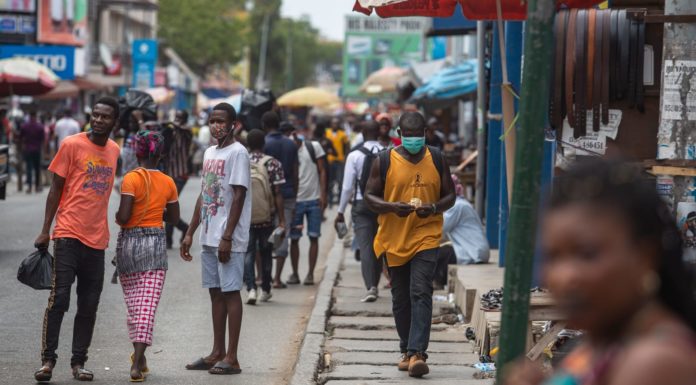2,500 factory workers will still report despite a nearby rise in cases
Tesla will reduce its workforce at its Fremont, California, car factory after the local Sheriff’s Office said the company was not complying with a three-week shelter-in-place order meant to curb the spread of the novel coronavirus, BuzzFeed News is reporting. The Silicon Valley automaker will drop from around 10,000 employees to 2,500, though it’s unclear when the scaleback will take place, or what the company is doing to prevent those workers from being infected with or spreading the virus.
The shelter-in-place order was announced on Monday in six counties in the San Francisco Bay Area, and it went into effect early Tuesday morning. All nonessential businesses were told to close down, and millions of residents were told to only leave their homes for essential activities like buying food. But Tesla continued to operate at full capacity in the interim. That prompted the Alameda County Sheriff’s Office to tweet late on Tuesday that the company’s automotive factory was “not an essential business as defined in the Alameda County Health Order.”
It’s unclear if the employees will be paid while on leave
This meant that Tesla was supposed to only “maintain minimum basic operations” per the order, according to the Sheriff’s Office, meaning reducing the workforce to bare essentials like processing payroll to help fight the virus’ spread. As of the time this article was published, there were 31 confirmed cases of COVID-19, the disease caused by the coronavirus, in Alameda County.
“If they are continuing to operate, then they are violating the directive in the health and safety code of California,” Alameda County Sheriff’s Office spokesperson Ray Kelly told Forbes on Wednesday. “They are going to have to deal with anything that comes from that.”
“It’s not an issue that we are going to take lightly considering the fact that it’s a big employer in the state and the county with 10,000 employees that come in every day to work in the factory,” Kelly later told The Washington Post on Wednesday. He also told BuzzFeed that car manufacturing “violates our health order” even with a workforce reduction, and that the Sheriff’s Office is still therefore “asking [Tesla] to go to basic minimum functions.” So a lot is still unclear.
In emails to employees, Tesla has said it was told by the Department of Homeland Security that the company should be considered “National Critical Infrastructure,” superseding the local designation that it is “nonessential.” It’s unclear who made that call at DHS. Neither the agency nor Tesla has responded to multiple requests for comment.
“Keeping the plant open is mission critical to Tesla right now.”
In those emails, Tesla has told employees that they will have to use their paid time off days if they decide to stay home and to borrow days from other employees if they are out. It’s unclear if Tesla will pay the employees who will be told to stay home as part of the reduction. Tesla CEO Elon Musk has also underplayed the threat of the virus in emails to employees, comparing it in one email to the number of deaths from car crashes each year.
The shelter-in-place order came just hours after Tesla officially announced that it had started delivering the Model Y. It’s the company’s fifth electric car, and one that is expected to sell as well or maybe even better than the Model 3. That, mixed with how Tesla always tries to push as many cars out the door at the end of each financial quarter (the first quarter ends on March 31st), could help explain why the company was so reluctant to shut down despite the fact that other automakers are suspending US operations, according to JD Power’s Tyson Jominy.
“Keeping the plant open is mission critical to Tesla right now,” he says. “You don’t get two chances to launch a product. Being told you can’t produce it right at the exact moment when you’re ramping up production and deliveries, that’s a critical time in any company’s life, but particularly Tesla’s.”
“They’re expecting big things out of the Model Y, and I don’t blame them. Unless the Sheriff is there stopping people from entering, they’ve got to get that vehicle out the door to fund operations,” Jominy added.













![Hotstar Premium Cookies 2019 [*100% Working & Daily Updated*] Hotstar Premium Cookies 2019 [*100% Working & Daily Updated*]](https://tahav.com/wp-content/uploads/2019/11/Hotstar-Premium-Cookies-Free-100x70.jpg)



